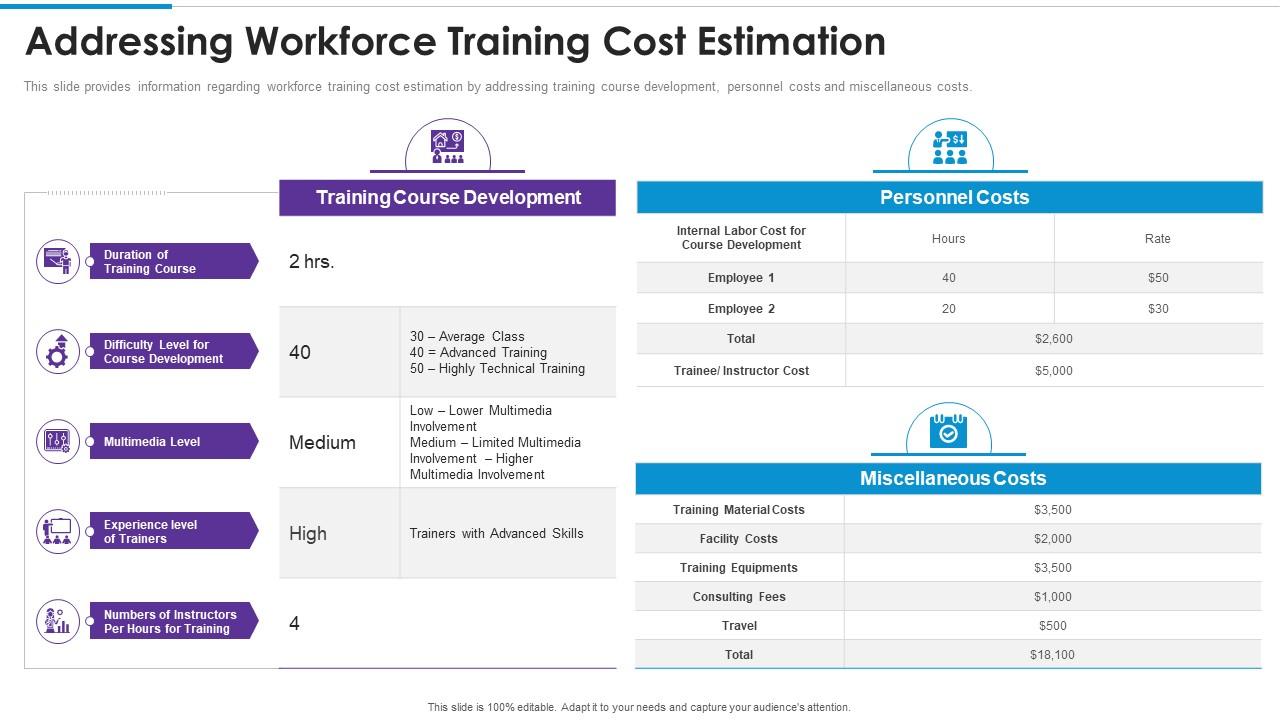
An online degree in engineering management can be obtained. A BS in Engineering Management can be obtained online. You will need ME, EE or CS classes. Capstone classes take place two semesters apart. Also, you will need to complete a capstone assignment. To get an online degree, you will need to fulfill certain requirements. Find out what these requirements are so that you can decide if the program is right for you.
BS in engineering management
Asu offers a Bachelor of Science in Engineering Management, which gives students advanced knowledge in engineering management. It also helps them develop leadership skills. The program blends engineering and management courses with core business classes, including organizational behavior as well finance and managerial accounting. The program prepares the graduates for various management roles, such as quality control system and industrial production managers. The flexibility and affordability of the program, as well as its easy online learning options, have made it a very popular option for engineering students.

The BS degree in engineering management emphasizes both management and analytical skills, but still focuses on technical engineering. Students will learn to blend the two and apply them to organizational goals. Students can earn their degree online, while they continue working in their current jobs. Students can explore other career options because of the program's flexibility. If you're looking to build a career that combines your passion for technology and management, this is an excellent program for you.
Online programs in engineering management
Online engineering management programs are a great way to get the education that you want, whether you're looking for a job in tech or advancing your career. These online degrees will give you the leadership skills that you need to manage engineering firms' day-to-day operations. Even though you may not hold an engineering degree, you could still pursue a career as an engineer by earning a master's degree in civil engineering with a focus in engineering management.
The A. James Clark School of Engineering at the University of Maryland offers an online Master's in Engineering Management program. This program of thirty credits prepares engineers to hold executive-level jobs. It integrates management principles and sound engineering principles. The Project Management Institute Global Accreditation Center awarded the program its accreditation for the first time. Drexel University's online Master of Engineering Management degree program requires only one or two classes per week. You can finish your program in between two and four years, depending on how busy you are.
Entry requirements for management programs in engineering
You must meet these minimum criteria to be eligible for an engineering management program. The minimum requirements for engineering management programs are that you have a baccalaureate with a technical discipline. This includes relevant courses in statistics and programming. Your undergraduate grade point average should be 3.0 or better. You must also complete nine credits in electives such as Problems in Engineering Management.

A bachelor's degree is required in an engineering or science-related discipline. You should have some knowledge of business and financial principles, and have some work experience. Depending on your school, you may also study basic economic theories and learn how to apply them in an engineering environment. It is possible that you will need to take one or more prerequisite courses, depending on the school to which you apply. It is a smart idea to apply for several or eight programs before choosing one.
FAQ
Why is it important that companies use project management methods?
To ensure projects run smoothly and meet deadlines, project management techniques are employed.
This is because most businesses rely on project work for their products and services.
These projects must be managed efficiently and effectively by companies.
Companies may lose their reputation, time and money if they do not have effective project management.
What is Kaizen, exactly?
Kaizen refers to a Japanese term that stands for "continuous improvements." It is a philosophy which encourages employees in continuously improving their work environment.
Kaizen is founded on the belief of everyone being able to do their job well.
What kind people use Six Sigma?
Six Sigma will most likely be familiar to people who have worked in statistics and operations research. Anyone involved in business can benefit.
This requires a lot of dedication, so only people with great leadership skills can make the effort to implement it.
Statistics
- As of 2020, personal bankers or tellers make an average of $32,620 per year, according to the BLS. (wgu.edu)
- This field is expected to grow about 7% by 2028, a bit faster than the national average for job growth. (wgu.edu)
- The average salary for financial advisors in 2021 is around $60,000 per year, with the top 10% of the profession making more than $111,000 per year. (wgu.edu)
- The BLS says that financial services jobs like banking are expected to grow 4% by 2030, about as fast as the national average. (wgu.edu)
- UpCounsel accepts only the top 5 percent of lawyers on its site. (upcounsel.com)
External Links
How To
How can you implement Quality Management Plan (QMP).
QMP, which was introduced by ISO 9001:2008, is a systematic approach to improving products, services, and processes through continuous improvement. It provides a systematic approach to improving processes, products and customer satisfaction by continuously measuring, analysing, controlling, controlling, and improving them.
QMP stands for Quality Management Process. It is used to guarantee good business performance. QMP helps improve production, service delivery and customer relationships. QMPs should cover all three dimensions - Products, Processes, and Services. The QMP that only addresses one aspect of the process is called a Process QMP. If the QMP is focused on a product/service, it's called a QMP. QMP is also used to refer to QMPs that focus on customer relations.
Two main elements are required for the implementation of a QMP. They are Scope and Strategy. These elements can be defined as follows.
Scope is what the QMP covers and how long it will last. This scope can be used to determine activities for the first six-months of implementation of a QMP in your company.
Strategy: This describes how you will achieve the goals in your scope.
A typical QMP comprises five phases: Planning and Design, Development, Construction, Implementation, Maintenance. Each phase is explained below:
Planning: This stage determines the QMP goals and prioritizes them. All stakeholders involved in the project are consulted to understand their requirements and expectations. Once the objectives and priorities have been identified, it is time to plan the strategy to achieve them.
Design: This stage is where the design team creates the vision, mission and strategies necessary for successful implementation of QMP. These strategies are then put into practice by creating detailed plans.
Development: This is where the development team works to build the capabilities and resources necessary for the successful implementation of the QMP.
Implementation: This involves the actual implementation of the QMP using the planned strategies.
Maintenance: This is an ongoing procedure to keep the QMP in good condition over time.
In addition, several additional items must be included in the QMP:
Participation of Stakeholders: The QMP's success depends on the participation of stakeholders. They should actively be involved during the planning and development, implementation, maintenance, and design stages of QMP.
Project Initiation. It is important to understand the problem and the solution in order to initiate any project. This means that the initiator should know why they want something done and what they hope for from the end result.
Time Frame: This is a critical aspect of the QMP. For a short time, you can start with the simple version of the QMP. If you're looking to implement the QMP over a longer period of time, you may need more detailed versions.
Cost Estimation is another important aspect of the QMP. You cannot plan without knowing how much money you will spend. Cost estimation is crucial before you begin the QMP.
QMPs are not just a written document. They should be a living document. It evolves as the company grows and changes. It is important to review it periodically to ensure it meets all current requirements.